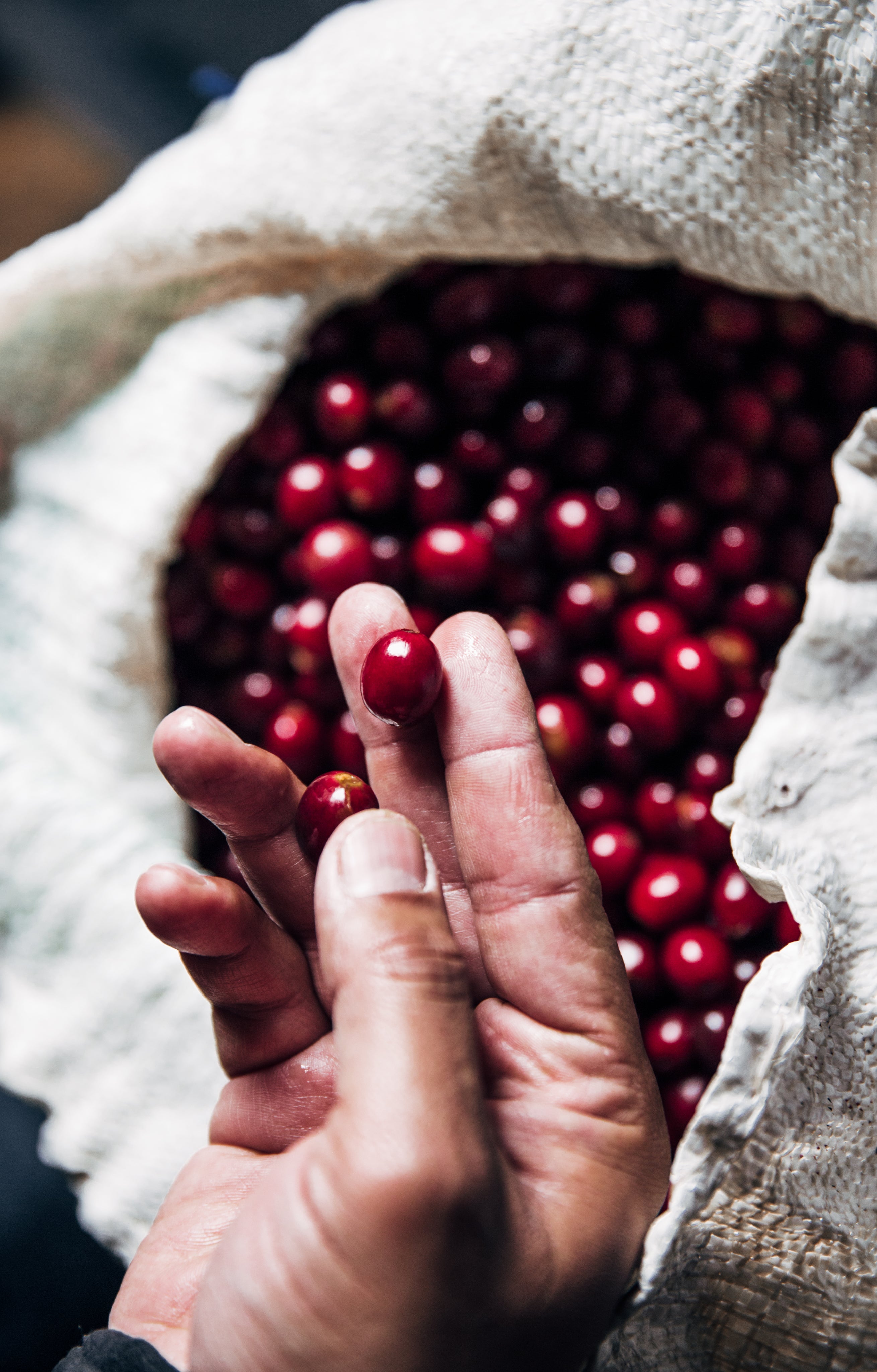
Why Specialty Coffee is Worth Every Penny : A Beginner's Guide
If you've ever wondered why that bag of coffee at the local roastery costs three times more than what you'd find on the grocery store shelf, you're asking the right question. The difference between specialty coffee and commodity coffee isn't just about price — it's about a fundamentally different approach to how coffee is grown, processed, and brought to your cup.
What Makes Coffee Special?
Think of coffee like wine. Just as a bottle of wine r eflects the vineyard where the grapes grew, the skill of the winemaker, and the specific grape variety used, exceptional coffee is the result of three crucial factors working in harmony. When you buy commodity coffee from the supermarket shelf, you're gett ing a product designed for consistency and low cost, often blending beans from multiple origins without regard for these quality drivers. Specialty coffee, on the other hand, celebrates each of these elements.
The Three Pillars of Coffee Quality
1. Terroir : Where Coffee Comes Alive
Terroir might sound fancy, but it simply means "a sense of place." Just as you can taste the difference between a tomato grown in your garden versus one shipped from thousands of miles away, coffee beans absorb the character of their environment in remarkable ways.
Specialty coffee farms are often located in specific microclimates — perhaps on a mountainside in Guatemala where morning mist keeps the beans cool, or in the volcanic soil of Ethiopia where mineral - rich earth feeds the coffee plants. The altitude, rainfa ll patterns, soil composition, and even the neighboring plants all contribute to the coffee's flavor profile.
Commodity coffee typically blends beans from multiple regions to create a uniform taste that won't vary from batch to batch. While this ensures yo ur morning cup tastes the same every day, it also means you're missing out on the unique characteristics that make coffee from each region special — the chocolate notes of a Sumatran, the floral complexity of an Ethiopian, or the winey complexity of a Yemeni .
2. Processing: The Science Behind Your Cup
Once coffee cherries are harvested, how they're processed makes an enormous difference in what ends up in your cup. This is where processing methods and quality storage practices become crucial.
In specialty cof fee, farmers and processors use meticulous methods to bring out the best in their beans. Some coffees are washed, where the fruit is removed immediately and the beans are fermented in water, creating clean, bright flavors. Others are naturally processed, d ried with the fruit still attached, which can create wine - like, fruity characteristics. Still others use honey processing or experimental fermentation techniques that can produce unique flavor profiles you simply can't find in commodity coffee.
Quality sto rage is equally important but often overlooked. Specialty coffee is stored in climate - controlled environments, often in special bags that allow the beans to breathe while protecting them from moisture and pests. The beans are typically shipped quickly afte r processing to preserve their peak flavors.
Commodity coffee, by contrast, often sits in warehouses for months or even years. The focus is on shelf stability and cost reduction rather than preserving the nuanced flavors that make each coffee unique. The r esult is often a flat, sometimes stale taste that requires dark roasting or flavoring to mask defects.
3. Genetic Varietals: The Foundation of Flavor
The third pillar is the genetic varietal — essentially, the "breed" of the coffee plant. Just as there are h undreds of apple varieties, each with distinct characteristics, coffee comes in numerous varietals, each contributing different flavors and qualities.
Specialty coffee celebrates these differences. You might encounter a Geisha varietal known for its tea - li ke delicacy and floral notes, or a Bourbon varietal prized for its sweetness and balance. Some varietals are naturally more resistant to disease, while others produce exceptional cup quality but require more careful cultivation.
Commodity coffee typically uses high - yield varietals chosen for their ability to produce large quantities of beans quickly and resist disease, often at the expense of flavor complexity. While this makes economic sense for mass production, it means you're missing out on the incredibl e diversity of flavors that different varietals can offer.
Why This Matters for Your Daily Cup
When these three elements come together — a specific place, careful processing, and thoughtfully chosen varietals — the result is coffee that tells a story. Instead of a generic "coffee flavor," you experience something unique: maybe the bright berry notes that come from Ethiopian heirloom varietals grown at high altitude and processed naturally, or the chocolate and caramel sweetness of a Sumatran gayo that's been p ulped and dried on raised beds.
Specialty coffee also supports sustainable farming practices and fair compensation for farmers. When you pay more for quality, more of that money goes back to the people who grew your coffee, encouraging them to continue the careful, labor - intensive practices that create exceptional beans.
Making the Switch
You don't need to become a coffee expert overnight, but trying specialty coffee opens up a world of flavors you never knew existed. Start with single - origin coffees to tas te how terroir influences flavor, experiment with different processing methods to understand their impact, and ask your local roaster about the varietals they carry.
The difference between commodity and specialty coffee isn't just about spending more money — it's about experiencing coffee as it was meant to be: a complex, flavorful expression of place, process, and plant that connects you to the farms and farmers who made it possible.
0 comments